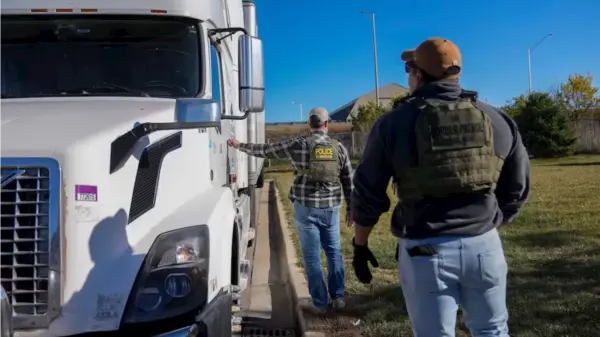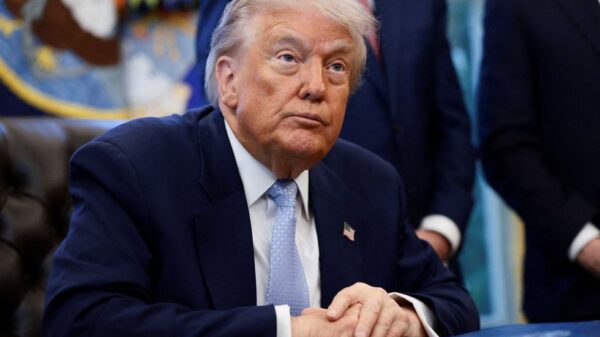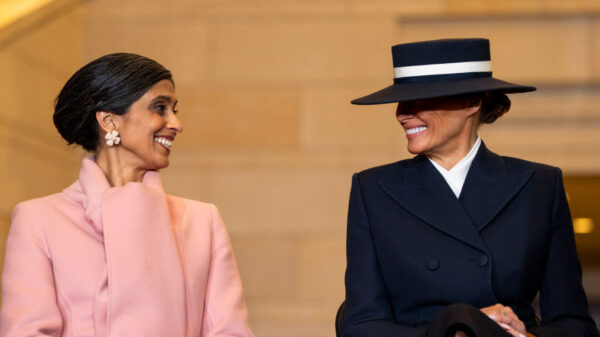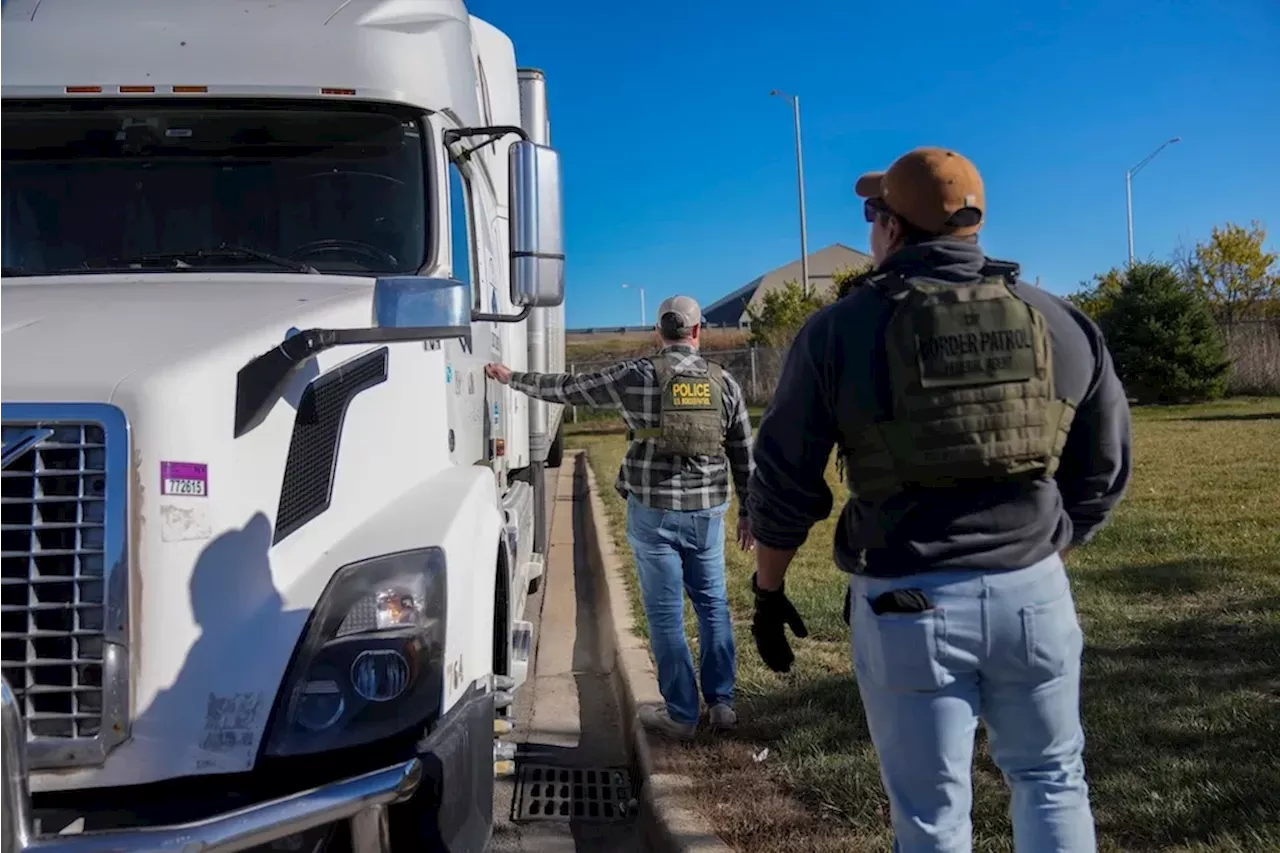A federal appeals court has temporarily halted an order that restricted the use of force by immigration officers in Chicago, describing the ruling as overly broad. The U.S. Court of Appeals for the 7th Circuit intervened on Wednesday, pausing U.S. District Judge Sara Ellis’s decision from November 6, which limited the authority of federal officers during immigration operations amidst protests.
The three-judge panel expressed concerns regarding the sweeping nature of Judge Ellis’s order. They highlighted that it not only constrained the operational powers of immigration officers but also encroached upon the responsibilities of the president, the Justice Department, and the Department of Homeland Security. The panel noted, “The practical effect is to enjoin all law enforcement officers within the Executive Branch,” suggesting that the order imposed an undue burden on federal agencies.
In their statement, the judges remarked on the requirement for enjoined parties to submit all current and future internal guidance for judicial review. They deemed this mandate an infringement on the principles of separation of powers, stating, “a mandate impermissibly infringing on principles of separation of powers on this record.” This specific concern indicates a significant tension between judicial oversight and executive authority.
The court also questioned the standing of the groups that initiated the lawsuit against the Trump administration, which seeks to impose restrictions on the use of force in immigration enforcement operations within the Chicago area. The panel cautioned against overinterpreting their ruling, clarifying that their primary issue lay with the expansive scope of Ellis’s order. They confirmed that oral arguments would be scheduled to further evaluate the appeal.
This ruling marks the second occasion within a month that Judge Ellis’s orders have been paused by the 7th Circuit. Last month, the court blocked a separate order requiring a senior Border Patrol official to provide daily updates regarding immigration operations in Chicago.
The legal scrutiny surrounding the Trump administration’s immigration policies in Chicago is multifaceted. In addition to the use of force case, the administration’s efforts to deploy the National Guard in the city to safeguard federal assets have faced judicial hurdles. Two federal courts have already intervened, leading the Justice Department to appeal to the Supreme Court for permission to proceed with the deployment. A decision from the Supreme Court regarding this emergency request is anticipated in the coming weeks.
This ongoing legal battle highlights the complexities of federal immigration enforcement and the contentious relationship between judicial oversight and executive actions. As the appeals process unfolds, the implications for immigration policy and law enforcement practices in Chicago remain significant.








































































